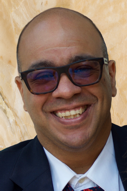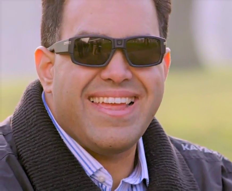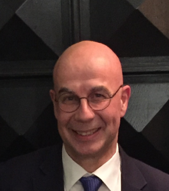Keynotes at ICCHP: "Brainfood for AT and eAccessibility"
ICCHP presents outstanding talks with the potential to raise awarenes for new domains and to open new perspectives for researchers and practitioners in AT and eInclusion. The keynote speeches should make the field of eInclusion reflect and rethink its own practice. They should be provoking and motivating to look accross traditional borders of disciplines.
ICCHP 2018 proudly presents the following keynote talks:
- Gernot Müller-Putz, Graz University of Technology
- ACM Distinguished Speaker: Vicki Hanson, Rochester Institute of Technology, President of ACM
- Michael Curran, NVDA
- Chieko Asakawa, Ph.D., IBM Fellow, IBM Research-Tokyo & Carnegie Mellon University - Springer Keynote on Accessibility & Usability
- W3C/WAI Panel on Web Accessibility
Gernot Müller-Putz, Graz University of Technology:
Non-invasive Brain-Computer Interaction: Communication and Control
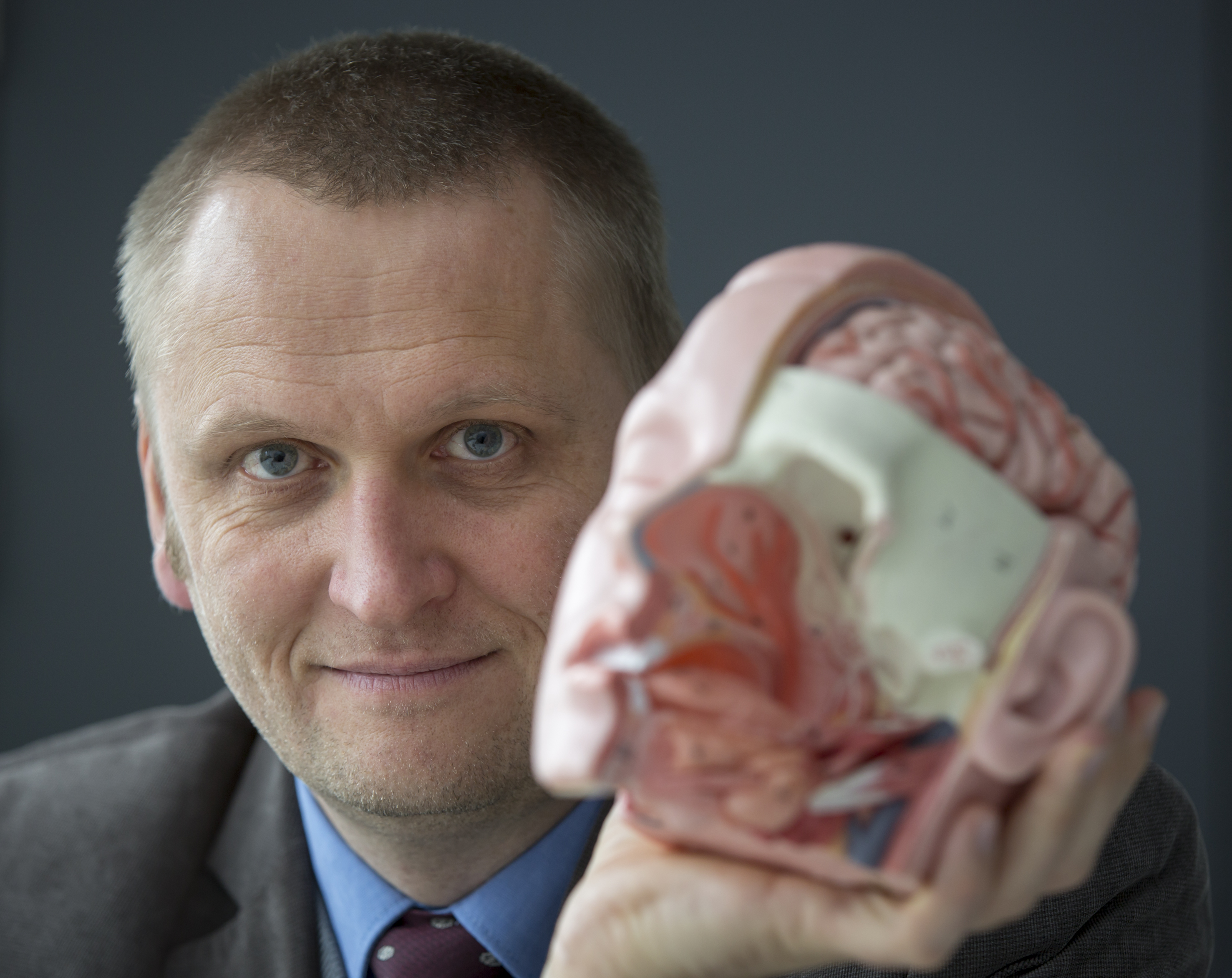 Abstract. The talk gives a short intro to Brain-Computer Interfaces, methods and brain signals. Two parts will be the main body: BCIs for communication and BCIs for the control of neuroprosthetics in people with spinal cord injury. The talk will be concluded with some thoughts on future developments.
Abstract. The talk gives a short intro to Brain-Computer Interfaces, methods and brain signals. Two parts will be the main body: BCIs for communication and BCIs for the control of neuroprosthetics in people with spinal cord injury. The talk will be concluded with some thoughts on future developments.
Short CV. Prof. Dr. Gernot Müller-Putz is head of the Institute of Neural Engineering and its associated Laboratory of Brain-Computer Interfaces. He received his MSc in electrical and biomedical engineering in 2000, his PhD in electrical engineering in 2004 and his habilitation and “venia docendi” in medical informatics from Graz University of Technology in 2008. Since 2014 he is full professor for semantic data analysis. He has gained extensive experience in the field of biosignal analysis, brain-computer interface research, EEG-based neuroprosthesis control, communication with BCI in patients with disorders of consciousness, hybrid BCI systems, the human somatosensory system, and BCIs in assistive technology over the past 16 years. He has also managed several national projects (State of Styria) and international projects (Wings for Life, EU Projects) and is currently coordinator of the EU Horizon 2020 project MoreGrasp.
Furthermore, he organized and hosted six international Brain-Computer Interface Conferences over the last 13 years in Graz, currently preparing the 8th Conference and CYBATHLON BCI Series 2019 in Sept. 2019. He is Review Editor of Frontiers in Neuroscience, special section Neuroprosthetics, Associate Editor of IEEE Transactions in Biomedical Engineering and Associate Editor of the Brain-Computer Interface Journal.
In 2014/15 he was Guest editor in chief of a special issue of the Proceedings of IEEE “The Plurality of Human Brain-Computer Interfacing”. He has authored more than 140 peer reviewed publications and more than 100 contributions to conferences which were cited more than 11800 times (h-index 54). Recently he was awarded with an ERC Consolidator Grant “Feel your Reach” from the European Research Council. In May 2017 he received the Ludwig-Guttman Award from the German Medical Spinal Cord Injury Association (DMGP). Since May 2018 is in board of directors of the International Brain-Computer Interface Society.
ACM Distinguished Speaker: Vicki Hanson, Rochester Institute of Technology, President of ACM:
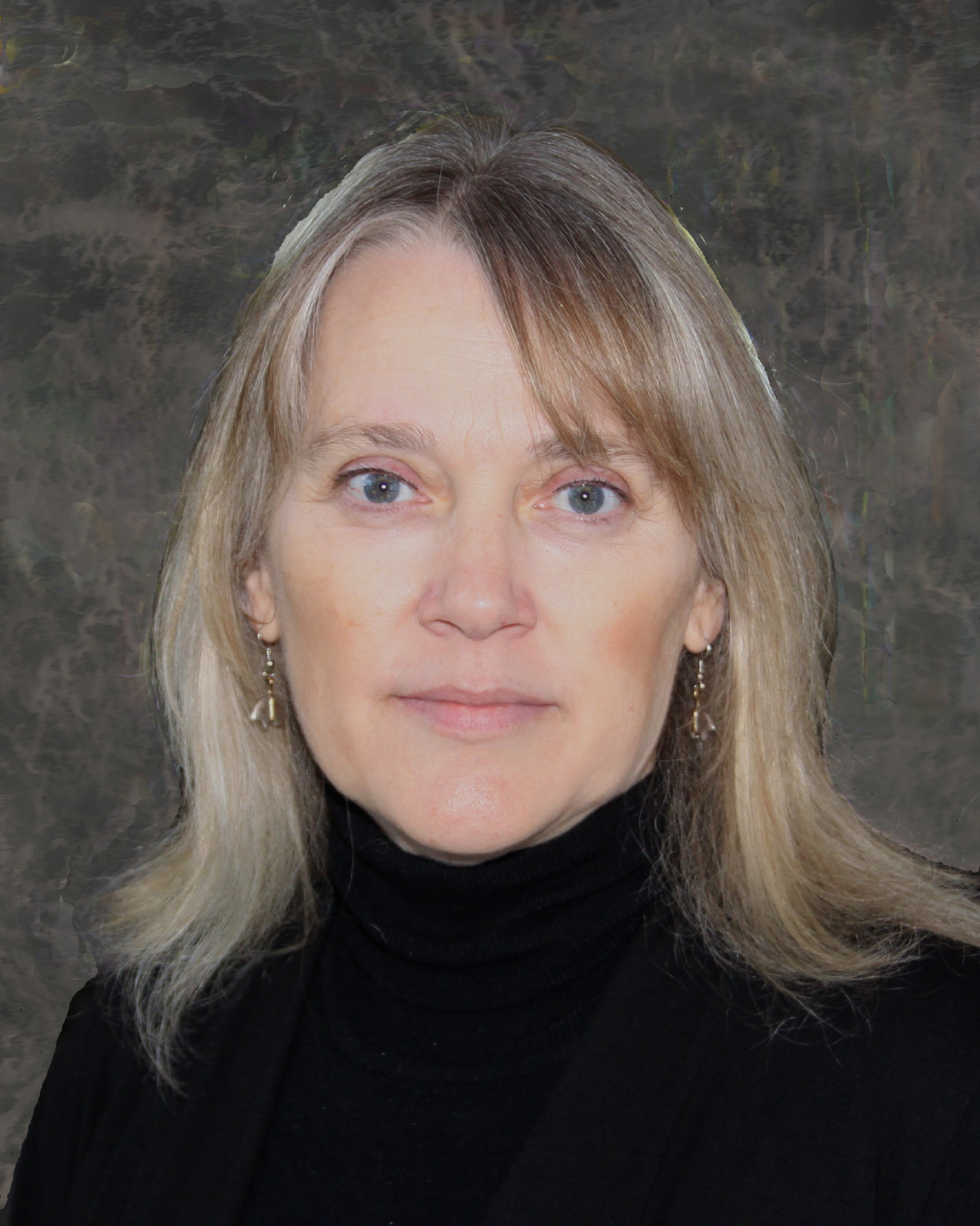 Abstract. Equal access to technology is an issue in computing ethics, highlighted in ACM’s Code of Professional Ethics. However, equal access is not typically considered in development or addressed in ethics curricula for computing students. This talk will consider adoption considerations for older adults and will provide evidence-based information as to the effectiveness teaching interventions for training future computing professionals about inclusive technology development. .
Abstract. Equal access to technology is an issue in computing ethics, highlighted in ACM’s Code of Professional Ethics. However, equal access is not typically considered in development or addressed in ethics curricula for computing students. This talk will consider adoption considerations for older adults and will provide evidence-based information as to the effectiveness teaching interventions for training future computing professionals about inclusive technology development. .
Short CV. Vicki Hanson FACM FBCS FRSE, is an American computer scientist noted for her research on human-computer interaction and accessibility, and for her leadership in broadening participation in computing. As of 2016 she is the President of the Association for Computing Machinery (ACM). She is a Distinguished Professor at the Rochester Institute of Technology within the HCI and Accessibility research groups. She is also Professor and Chair of Inclusive Technologies at the University of Dundee where she leads multiple efforts related to inclusion of older adults and individuals with disabilities.
From 1986–2009 she was a Research Staff Member and Manager at IBM’s T. J. Watson Research Center in New York, founding the Accessibility Research Group in 2000. She is Past Chair of SIGACCESS and was Co-Founder and Editor-in-Chief of ACM Transactions on Accessible Computing. She serves on Fellows Committees for ACM and the Royal Society of Edinburgh and has been active in conference organizing and program committees for ASSETS, CHI, and several other ACM conferences. She has been elected as ACM President for a two-year term beginning July 1, 2016.
Michael Curran, NVDA:
NVDA and Beyond: We're Creating our Own Equitable Access to Technology
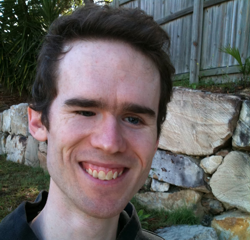 Abstract. Access to technology can really level the playing field for blind and vision impaired people. But as little as 10 years ago, the tools that enabled blind people to access this technology were very expensive and simply out of reach for many. NVDA (NonVisual Desktop Access) is free and open source software that allows blind and vision impaired people to access the Windows Operating System independently. Its existence has changed the lives of hundreds of thousands of people across the globe, and shown the industry that for-profit models are not the only way forward.
Abstract. Access to technology can really level the playing field for blind and vision impaired people. But as little as 10 years ago, the tools that enabled blind people to access this technology were very expensive and simply out of reach for many. NVDA (NonVisual Desktop Access) is free and open source software that allows blind and vision impaired people to access the Windows Operating System independently. Its existence has changed the lives of hundreds of thousands of people across the globe, and shown the industry that for-profit models are not the only way forward.
Michael Curran, the initial creator of NVDA, will talk about NVDA's history, including what drove him (as a blind person himself) to start this project, and will cover what he has learned along this 12 year journey. He will also talk about where he sees technology for the blind moving in the future, including his opinion on visual-to-audio mapping, AI and bionics.
Short CV. In April 2006 Michael began to develop a free screen reader called NVDA (NonVisual Desktop Access) for use with computers running on Windows. He invited James Teh, who had recently completed his IT degree, to develop the software with him.
Together these two fully blind men founded the not-for-profit organisation NV Access to support the development of the NVDA screen reader on a series of corporate grants and individual donations.
NVDA has been translated by volunteers into more than 43 languages, and been used by people in more than 120 countries. It has also won multiple awards.
NVDA is open source software, which means the code is accessible to anyone enabling translators and developers around the world to continually contribute to its expansion and improvement.
Through this work, Michael and James have gained extensive expertise in software accessibility. They have also fostered relationships with companies such as Mozilla, Microsoft, IBM, Adobe and Yahoo! and have contributed to the accessibility of their respective products.
Springer Keynote on Accessibility and Usability: Chieko Asakawa, Ph.D. IBM Fellow, IBM Research Tokyo and Carnegie Mellon University USA:
"Make the World Accessible"
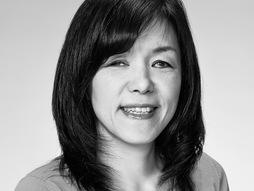 Abstract. Technologies have helped open independence and opportunities for people with disabilities to actively participate in society. For example, voice-based Web access allowed blind to access a huge amount of information by themselves and the smartphone has opened completely new ways of accessing information. In the era of AI and IoT, location-based information from the Web can be utilized to provide rich context regarding the surrounding world for people without vision. In this talk, I will analyze central trends in the history of accessibility and discuss its relevance to my latest work in real-world accessibility. Throughout the talk, I will emphasize how AI can help improve the quality of lives for people with visual impairments.
Abstract. Technologies have helped open independence and opportunities for people with disabilities to actively participate in society. For example, voice-based Web access allowed blind to access a huge amount of information by themselves and the smartphone has opened completely new ways of accessing information. In the era of AI and IoT, location-based information from the Web can be utilized to provide rich context regarding the surrounding world for people without vision. In this talk, I will analyze central trends in the history of accessibility and discuss its relevance to my latest work in real-world accessibility. Throughout the talk, I will emphasize how AI can help improve the quality of lives for people with visual impairments.
Short CV. Chieko Asakawa (浅川 智恵子) is a blind Japanese computer scientist, known for her work at IBM Research – Tokyo in accessibility. A Netscape browser plug-in which she developed, the IBM Home Page Reader, became the most widely used web-to-speech system available. She is the recipient of numerous industry and government awards
She earned a bachelor's degree in English literature at Otemon Gakuin University in Osaka in 1982 and then began a two-year computer programming course for blind people using an Optacon to translate print to tactile sensation. She joined IBM Research and became a permanent staff researcher. In 2004 she earned a Ph.D. in engineering from the University of Tokyo.
Asakawa was added to the Women in Technology International Hall of Fame in 2003. She became an IBM Fellow, IBM's top honor for its employees, in 2009, becoming the fifth Japanese person and first Japanese woman with that honor. In 2011 the Anita Borg Institute for Women and Technology gave her their Women of Vision Award. In 2013 the Japanese government awarded her their Medal of Honor with Purple Ribbon. A paper she wrote in 1998 with Takashi Itoh describing their work on web user interfaces for blind people was the winner of the 2013 ACM SIGACCESS Impact Award. In 2017 she was elected as a foreign member of the US National Academy of Engineering. Today, Chieko is on assignment in the U.S., working with the Carnegie Mellon University to find out how accessibility technologies can play a key role in the real world to help create opportunities for more people to actively participate in the society. They openly collaborate with communities around the world by open sourcing fundamental technologies for researchers, developers and users to accelerate the cognitive assistant research and development.
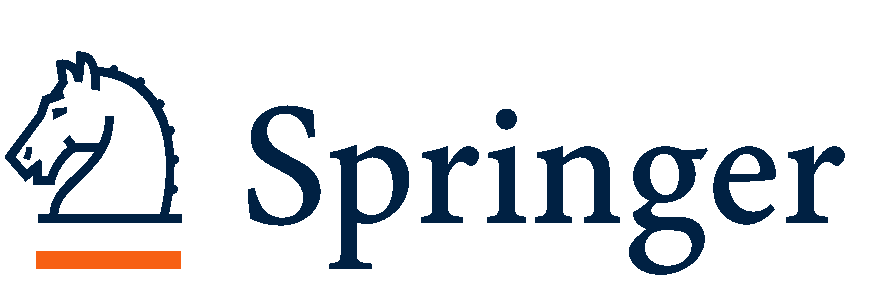
WAI/W3C Keynote Panel: Web Accessibility in the Connected World
- Shadi Abou-Zahra, W3C/WAI, Austria (Moderator)
- Chieko Asakawa, IBM Fellow, IBM Research - Tokyo, Japan
- Saqib Shaikh, Microsoft (Seeing AI), United Kingdom
- Paul Timmers, European Policy Centre Brussels, Belgium
